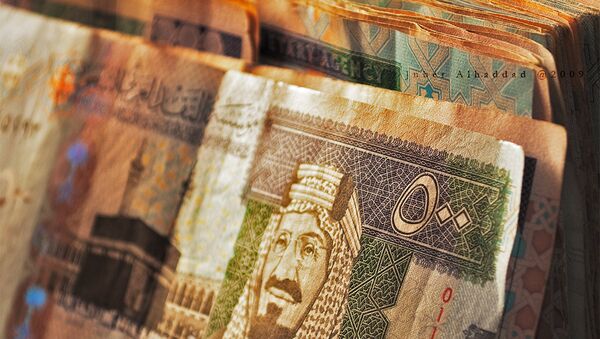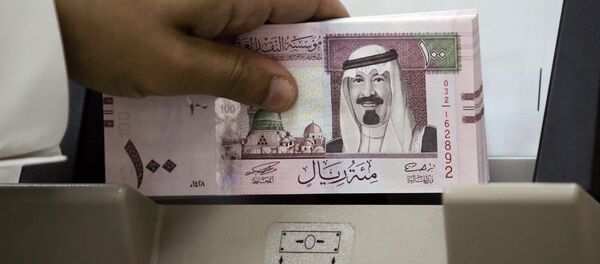Bourdillon recalled that while global oil prices are currently at their lowest level in twelve years, petrol prices increased by 50 percent in Saudi Arabia late last year due to a government decision to cut subsidies.
"Ryadh had no choice. Its treasury is quickly becomes empty because of the falling price of oil, which provides Saudi Arabia with almost all its budgetary resources," Bourdillon said.
According to him, in addition to petrol, Saudi Arabia also plans to curtail water and electricity subsidies, as well as to cancel the minor construction projects in the immediate future.
"This is something that will be a difficult victim for a country that was accustomed to wealth," Bourdillon added.
He explained that Riyadh seeks to re-take control of the budget deficit, which will reach about 19 percent of the country's GDP, or 87 billion dollars, in 2016. However, the social costs are considered to off-limits to cost cuts in a country where unemployed citizens under 30 (two thirds of its population of 27 million) are targeted for recruitment by jihadists, according to Bourdillon.
The International Monetary Fund has, meanwhile, predicted that if the situation does not improve, Saudi Arabia's foreign exchange reserves, currently ranked fourth in the world, may disappear by 2020.




